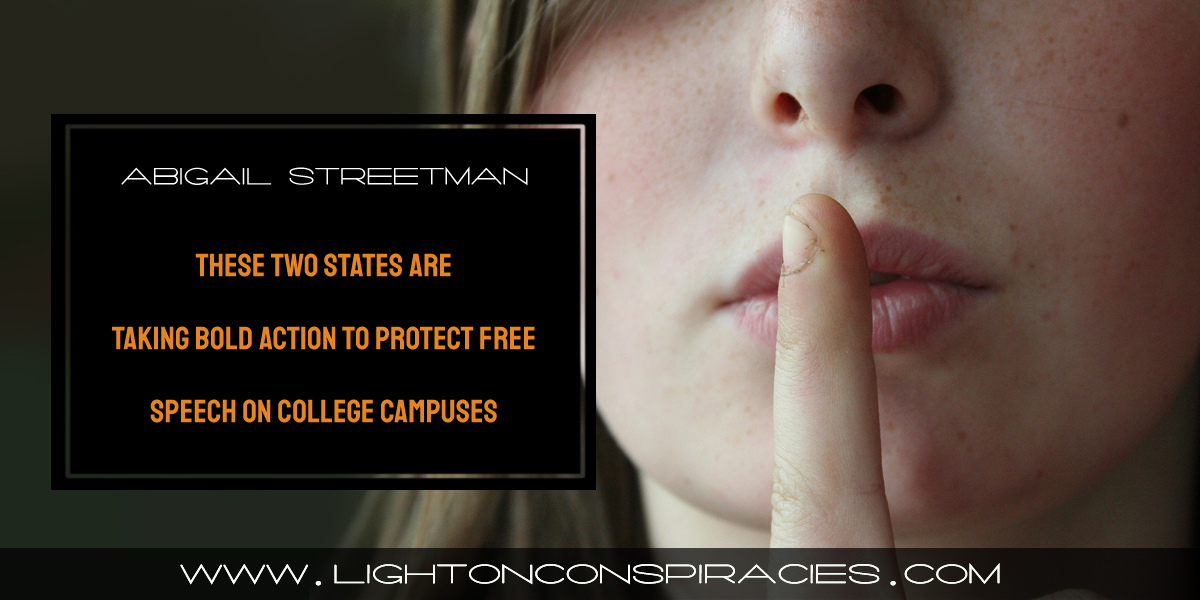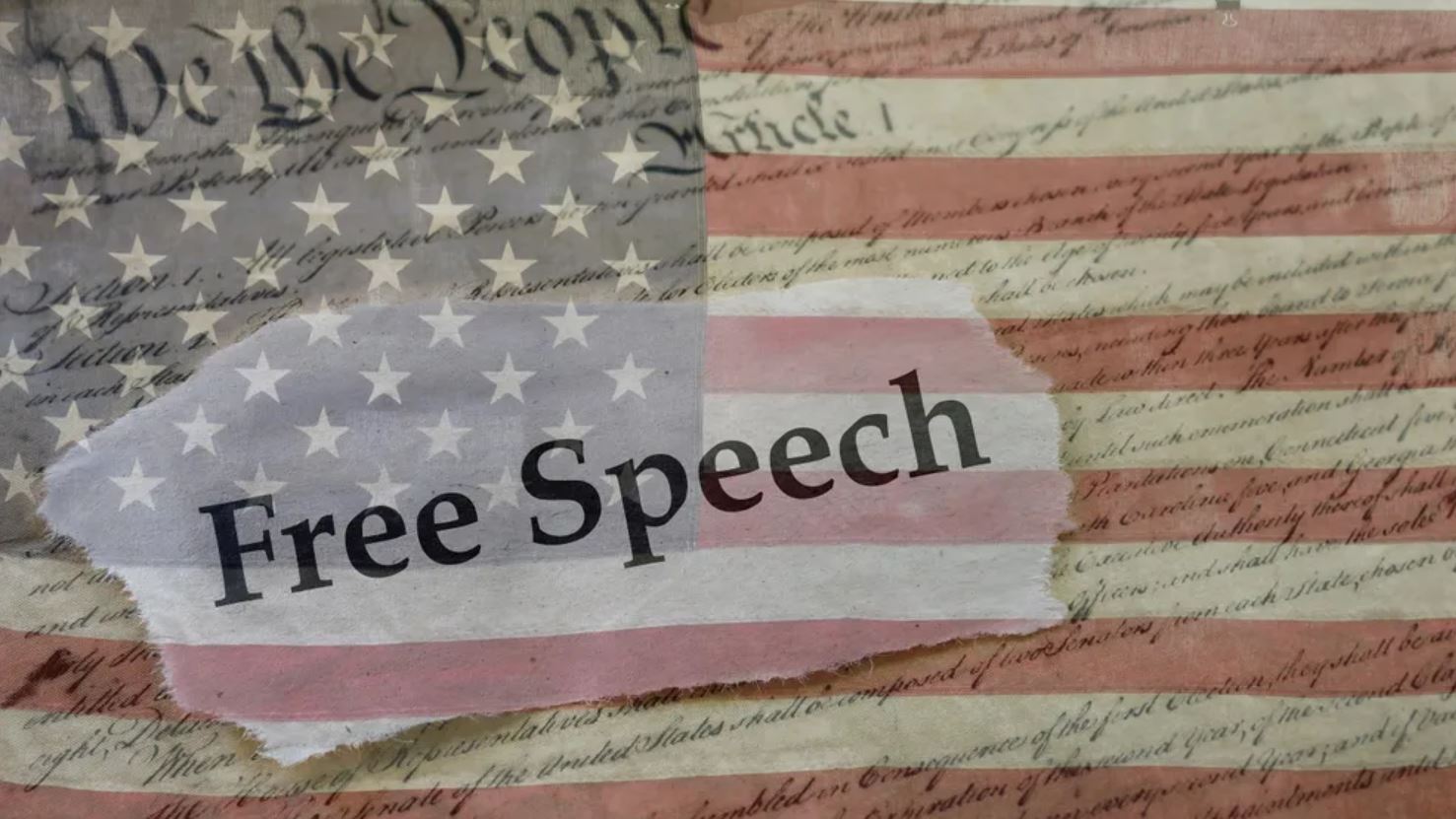Amid growing concerns of limited free speech on college campuses, two states have joined the fight against censorship and unfair treatment of specific groups of students.
The Iowa Board of Regents created a free speech committee in November 2020 following multiple incidents at college campuses, including one Iowa State University professor who stated in her syllabus that arguments against “gay marriage, abortion and Black Lives Matter” were not permitted.
The Board of Regents members met on February 24 to discuss 10 recommendations from the free speech committee, which included making the committee a permanent entity. The recommendations were unanimously approved, and a final draft of policies will be presented in April.
Current free speech committee members include Regents David Barker, Nancy Boettger and Zack Leist. Leist is a student at Iowa State University and was nominated to fill the seat of Rachael Johnson who retired before her term ended.
The first recommendation states that “All syllabi shall include a statement on first amendment free speech protections. This statement will encourage open inquiry and vigorous debate and note that students cannot be penalized for the content of their viewpoints so long as they are germane to the subject matter of the class.”
They will also review each of these statements annually and assure that they are in line with the First Amendment.
Once put into place, universities will be required to post free speech policies and violation procedures on their websites which will include penalties determined by the board. The recommendations state that “Universities will provide training on free speech to all students, faculty and staff on an annual basis. University presidents will appoint appropriate campus members to assist the committee in developing a common module for all three universities.”
The Regents will utilize “campus climate surveys” and other types of surveys that deal with topics on free speech to collect data from students and faculty and determine if further efforts are needed.
During the meeting, Boettger, who is a former Iowa state senator, said that “this is not a new issue,” and “public universities should not only equip members of the university community but also be a positive model on how respectful culture of speech enhances our communities.”
Leist stated during the meeting that “it is vital that everyone at our public institutions feel comfortable expressing this basic human right regardless of their views. I think it is so vital because universities are a place of learning, it is where new ideas and opinions are formed and it is also where respectful debate is encouraged to foster that idea of learning.”
Legislators in New Hampshire are also taking steps to protect free speech on college campuses.
House Bill 234 was introduced to the New Hampshire State House of Representatives on March 11 and is being sponsored by nine members.
The legislation states that “the general court hereby declares public postsecondary educational institutions shall commit and follow the principles found in the First Amendment to the United States Constitution and Part I, Article 22 of the New Hampshire constitution.”
In addition, the legislation includes specific definitions for terms such as “harassment” and “public institutions of higher education.”
The legislation defines “harassment” as “only that expression that is unwelcome, so severe, pervasive, and subjectively and objectively offensive, that a student is effectively denied equal access to educational opportunities or benefits provided by the public institution of higher education.”
HB 234 also prohibits the creation of “free speech zones” and deems all outdoor areas on college campuses and public institutions as “public forums for the campus community.” They also specify that “Nothing in this section shall be interpreted as limiting the right of student expression elsewhere on campus.”
The bill also protects student groups on campus by stating that “no public institution of higher education shall deny a religious, political, or ideological student organization any benefit or privilege available to any other student organization, or otherwise discriminate against such an organization, based on the expression of the organization.”
State Rep. Joe Alexander (R), one of the sponsors for this bill, expressed the importance of freedom of expression on college campuses in a phone call with Campus Reform. He said that “conservative speech is censored now more than ever,” and “it is important to ensure that students are able to have discussions about these controversial topics.”
State Rep. Tim Baxter (R), a second sponsor of the bill, told Campus Reform that “Free Speech is a fundamental bedrock of our country. We need it now more than ever. We need to fight back against cancel culture.”













